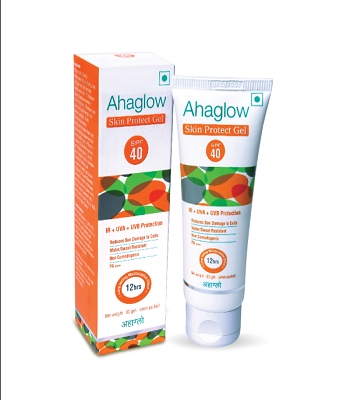Cardace H 5mg Tablet 10'S
INR 219.28INR 219.28
Category :
Sub Category :
MG Details :
HYDROCHLOROTHIAZIDE 12.5MG+RAMIPRIL 5MG
Packing :
10
Mfr by:
Sanofi India Limited
Country of Origin:
NA
What CARDACE H 5MG is used for?
CARDACE H 5MG is used to treat high blood pressure
Talk to your doctor before taking CARDACE H 5MG, if you:
Are allergic (hypersensitive) to ramipril, hydrochlorothiazide or any of the other ingredients of CARDACE H 5MG
Have ever had a serious allergic reaction called “angioedema”
Are having dialysis have severe liver problems
Have abnormal amounts of salt substances (calcium, potassium, sodium) in your blood
Have kidney problems where the blood supply to your kidney is reduced (renal artery stenosis)
Have heart problems
Have lost a lot of body salts or fluids
Are going to have treatment to reduce your allergy to bee or wasp stings (desensitization)
Are going to receive an anaesthetic. This may be given for an operation or any dental work
Have high amounts of potassium in your blood (shown in blood test results)
Have a collagen vascular disease such as scleroderma or systemic lupus erythematosus
Always take CARDACE H 5MG exactly as your doctor has told you
Take this medicine by mouth at the same time of day each day, usually in the morning
Swallow the medicine whole with a glass of water
If you take more CARDACE H 5MG
If you take too many CARDACE H 5MG or if someone else has taken your medicine, talk to your doctor immediately and you may need medical attention
If you forget to take CARDACE H 5MG
If you miss a dose, take your normal dose when it is next due. Do not take a double dose to make up for a forgotten tablet
If you stop taking CARDACE H 5MG
Do not stop taking this medicine before consulting your doctor
Like all medicines, CARDACE H 5MG can cause side effects, although not everybody gets them.
Swelling of the face, lips or throat which make it difficult to swallow or breathe, as well as itching and rashes
Severe skin reactions including rash, ulcers in your mouth
Faster heart rate, chest pain, tightness in your chest or more serious problems including heart attack and stroke
Shortness of breath, cough fever lasting 2 to 3 days and feeling less hungry
Bruising more easily
Severe stomach pain which may reach through to your back. this could be a sign of pancreatitis (inflammation of the pancreas)
Chills, loss of appetite, stomach pain, yellowing of your skin or eyes (jaundice)
Tell your doctor if you are taking or have recently taken any other medicines such as:
Ephedrine, noradrenaline or adrenaline, used for the treatment of low blood pressure, shock, cardiac failure, asthma or allergies
Ibuprofen or indometacin and aspirin, used to relieve pain and inflammation
Diuretics (water tablets), amphotericin B (used for fungal infections) and ACTH (used to test if your adrenal glands are working properly)
Ciclosporin, used to stop the rejection of organs after a transplant
Spironolactone, triamterene, amiloride, potassium salts, and heparin (for thinning blood),which can increase the amount of potassium in your blood
Medicine used for heart rhythm problems
Medicine used for reducing fat amounts in your blood such as colestyramine
Medicine used for epilepsy
Lithium (for mental health problems)
Quinine (for malaria)
Warfarin, medicine used to thin the blood that you take by mouth
Allopurinol (used to lower the uric acid in your blood)
Storage
Keep this medicine out of reach of children
Do not use this medicine after the expiry date
Store at room temperature (15-25ºC)
Disclaimer:
The contents of this website are for informational purposes only and not intended to be a substitute for professional medical advice, diagnosis, or treatment. Please seek the advice of a physician or other qualified health provider with any questions you may have regarding a medical condition. Do not disregard professional medical advice or delay in seeking it because of something you have read on this website.












